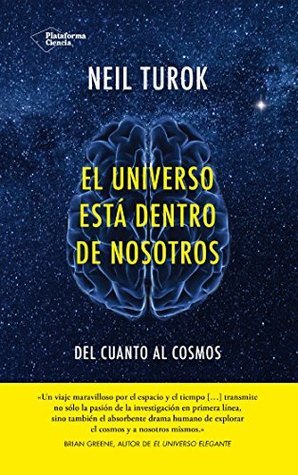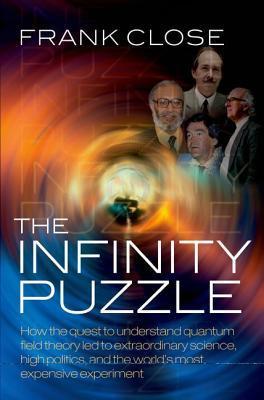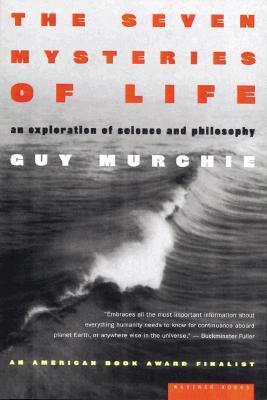
Disturbing the Universe
Book Description
What if the universe itself held secrets that could alter our understanding of reality? In "Disturbing the Universe," Freeman Dyson invites readers on a thrilling intellectual journey, weaving together the mysteries of physics, the wonders of mathematics, and the intricacies of human imagination. Every page is a revelation, blending bold ideas with profound insights, challenging conventional wisdom and sparking curiosity. As he explores the cosmos and humanity's place within it, Dyson dares to ask: what will we discover if we dare to question everything we think we know? Are you ready to challenge the very fabric of your beliefs?
Quick Book Summary
"Disturbing the Universe" is Freeman Dyson's reflective exploration of physics, mathematics, and the deeply human questions at the heart of scientific discovery. Blending autobiography with profound philosophical insights, Dyson invites readers to consider how curiosity drives progress, and how personal and ethical choices shape the trajectories of science and society. He recounts his experiences among brilliant minds during pivotal moments in 20th-century physics, confronting issues like nuclear weapons, responsibility, and the moral dilemmas faced by scientists. The book traverses from the cold logic of equations to the warmth of moral reasoning, urging us to always question assumptions and to embrace the uncertainties that propel both science and humanity forward. Dyson’s narrative is as much about wonder as it is about wisdom, bridging the known with the unknowable.
Summary of Key Ideas
Table of Contents
The Drive of Scientific Curiosity
Freeman Dyson opens his memoir by inviting readers into a life steeped in curiosity and the joy of discovery. He shares formative moments from his childhood, describing how early fascination with mathematics and physics set him on a path that would intertwine with the history of modern science. Dyson’s narrative is grounded in personal stories—rich with anecdotes about mentors, colleagues, and the inspirations that propelled his relentless pursuit of knowledge. Through these recollections, he evokes the wonder and excitement that accompany every new encounter with the mysteries of the universe.
Personal Responsibility in Science
Dyson’s experiences at institutions like Princeton and Los Alamos provide a window into the vibrant scientific communities of the 20th century. He reflects on interactions with figures like Richard Feynman and Julius Robert Oppenheimer and the cultural dynamics that fueled innovation. Through tales of breakthrough moments and collaborative discoveries, he illustrates how science is deeply social and dependent upon shared passion and rigorous debate. Dyson portrays progress in science not as the work of isolated geniuses, but as a continuous dialogue among inquisitive minds, each contributing their unique insight.
Interplay Between Science and Society
Balancing scientific progress with responsibility, Dyson grapples with the ethical dimensions of research—most notably, his involvement with nuclear weapons during and after World War II. He confronts the uneasy reality that scientific advances can be harnessed for both good and harm. Reflecting on his own participation in nuclear arms development, Dyson emphasizes the necessity for scientists to remain vigilant about the consequences of their work. He advocates for a moral awareness that stands alongside intellectual rigor, urging the scientific community to consider the broader implications of its discoveries.
Ethics and Dilemmas of Discovery
Intertwined with personal and professional stories, Dyson explores the philosophical underpinnings of scientific exploration. He meditates on the limits of human understanding and the importance of embracing ambiguity. For Dyson, the pursuit of knowledge inherently involves questioning established truths and remaining open to uncertainty. By sharing examples from his own research and historical events, he champions skepticism and critical inquiry as essential to scientific and ethical growth. Dyson encourages readers to accept that unsettling the comfortable—disturbing the universe—is both a privilege and an obligation.
The Value of Questioning Assumptions
Ultimately, "Disturbing the Universe" is a celebration of the dynamic interplay between science and humanity. Dyson posits that the search for knowledge is not only about deciphering how the universe works, but also about understanding our own place within it. He argues that scientific inquiry must be fused with imagination, compassion, and a willingness to challenge orthodoxy. With humility and poetic insight, Dyson leaves readers with a hopeful message: by persistently questioning, we energize both science and society, forging new paths through the mysteries that surround us.
Download This Summary
Get a free PDF of this summary instantly — no email required.





